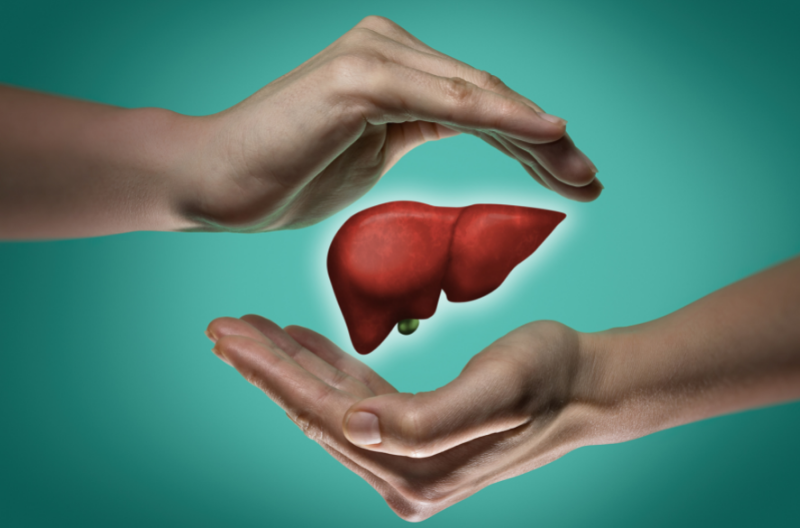Gilbert’s syndrome is caused by a defective gene that inhibits the liver’s capacity to handle bilirubin, a waste product formed when old red blood cells are broken down. When too much bilirubin builds up in the blood, it causes jaundice (yellowish skin and eyes). However, treatment is not required since this liver illness does not create significant issues.
What is gilbert’s syndrome
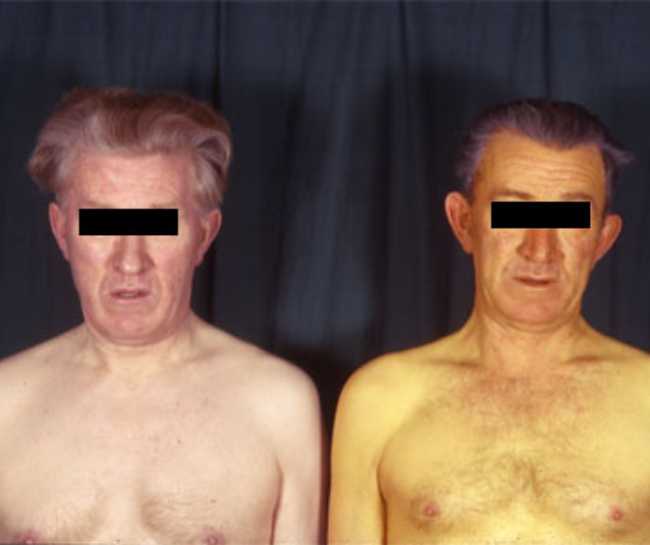
Gilbert’s syndrome is a common, harmless liver condition wherein the liver fails to properly process bilirubin. Because of this, the bilirubin accumulates in the bloodstream, which results in a condition named hyperbilirubinemia.
A hereditary gene mutation causes this disorder. Moreover, Gilbert’s syndrome may go undetected until it is discovered by chance, such as when a blood test reveals increased bilirubin levels.
This condition does not usually have any evident symptoms. In fact, 30% of the people who have this condition may not show any symptoms. However, for some people.
The following symptoms may arise:
- Diarrhea
- Jaundice
- Fatigue
- Nausea
- Discomfort in the area of your abdomen
💡 Our liver is the largest glandular organ of the human body and the second largest organ besides our skin.
Does Gilbert’s syndrome go away
Gilbert’s syndrome is a chronic illness that lasts a lifetime. However, it does not need treatment since it poses no health risk and does not result in consequences or an increased risk of liver disease. Jaundice episodes, as well as any accompanying symptoms, are generally brief and disappear in time.
💡 Our liver conducts about 200 critical activities for the body at the same time. Among these vital roles include delivering glucose to the brain, fighting infections, and storing nutrients.
How can I improve my Gilbert’s syndrome
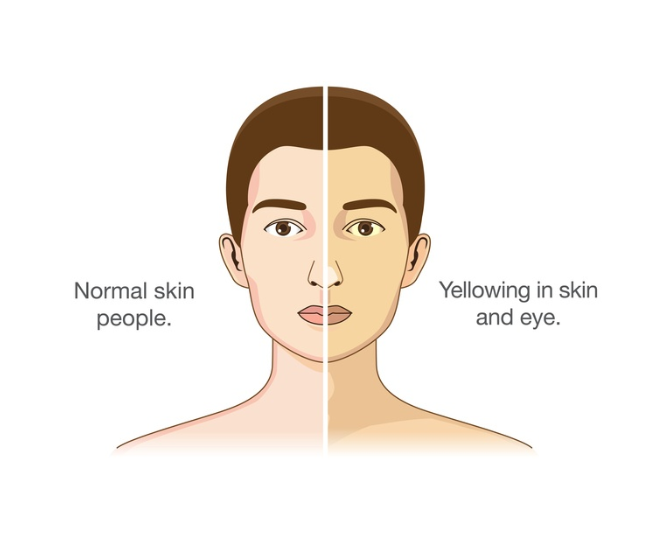
In Gilbert’s syndrome, specific life experiences, such as stress, may cause bouts of elevated bilirubin levels, resulting in jaundice. Taking measures to mitigate certain conditions may aid in lowering bilirubin levels.
These stages are as follows:
- Make sure that your physicians are aware of your Gilbert’s syndrome diagnosis. Because Gilbert’s syndrome impacts how your body processes certain drugs, each doctor you see should be mindful of your condition.
- Maintain a balanced diet. It would be best if you avoided highly low-calorie diets. Avoid fasting or missing meals by sticking to a regular eating schedule.
- Refrain from stressing yourself. Find coping mechanisms for the challenges in your life. Exercise, meditation, and music listening may be beneficial.
💡 Our liver stores important vitamins and nutrients from the food we eat and stocks them up for when we need them later.
What causes Gilbert’s syndrome to flare up
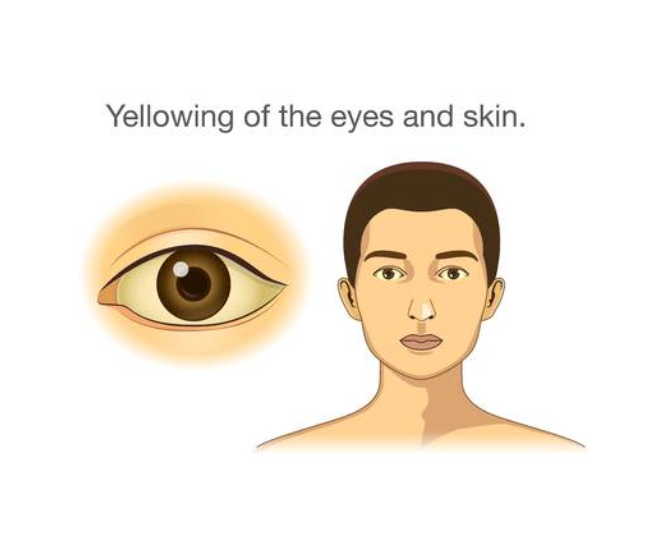
The Gilbert syndrome is linked to blood bilirubin levels that fluctuate (hyperbilirubinemia). These items may cause jaundice in patients with Gilbert’s syndrome by raising bilirubin levels:
- excessive stress
- strain
- a lack of water
- fasting, skipping meals, or not having enough food
- infections and illnesses
- overworking (too much physical activity)
Many people only have jaundice when one of these events elevates their bilirubin levels. Fatigue, weakness, and gastrointestinal symptoms, such as nausea, stomach pain, and diarrhea, have been described by some people who have been afflicted. However, researchers think that excess bilirubin in the blood does not cause these symptoms and that they may arise by chance or for other causes, such as worry over the diagnosis.
Vitamins for Gilbert syndrome
You may want to consider taking the following vitamins for Gilbert syndrome, which can help support liver function in general:
- Artichoke

Artichokes are high in antioxidants and have been utilized as a digestive aid since the ancient Greeks and Romans. Artichoke leaf extract is still often used before big, fatty meals since it is supposed to help break up lipids in the diet. It is presently legal in Germany to treat dyspeptic issues. There is also some indication that it may aid with liver support.
- Multivitamin and Mineral
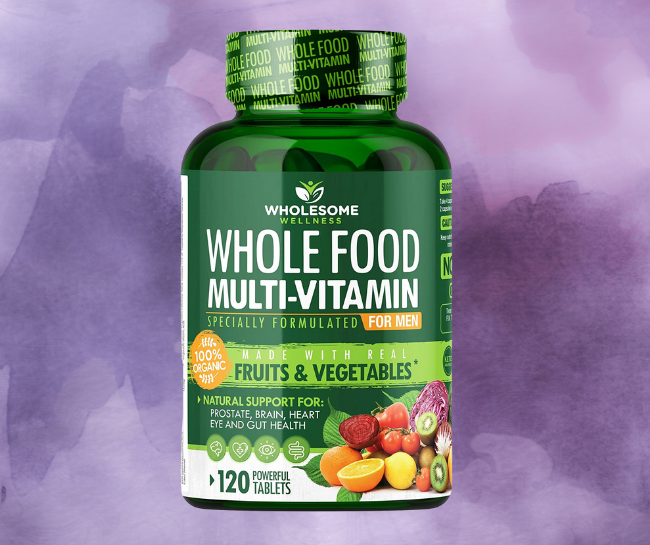
A variety of vitamins for Gilbert syndrome and nutrients are necessary for liver health, usually obtained by eating a balanced, nutritious diet. Suppose your diet isn’t always as healthy as it seems. In that case, you must think about taking a high-quality multivitamin and mineral supplement to ensure that your liver, as well as the rest of your body, is properly maintained. However, if you have liver disease, you should see a doctor before taking any supplements since large amounts of particular nutrients might be dangerous in your case.
- N-acetyl-Cysteine
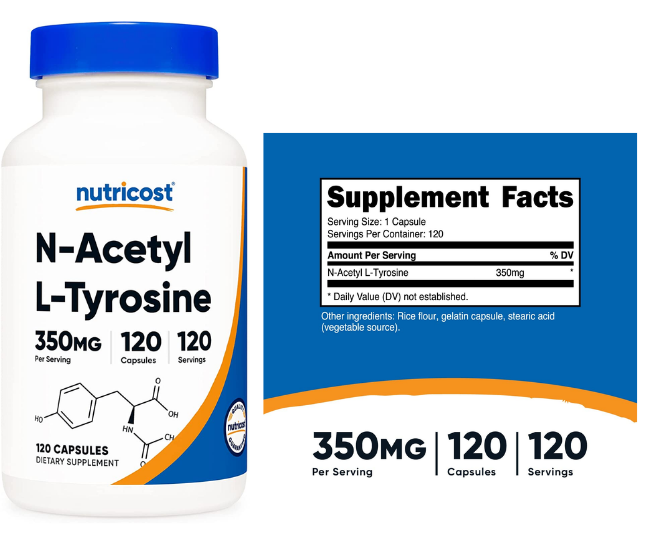
N-Acetyl Cysteine is a dietary supplement derived from the amino acid L-cysteine and is required to form glutathione, one of the body’s most potent antioxidants. It’s often prescribed as a liver supplement since it’s assumed to function in the body’s detoxification process. For example, it is frequently used to cure liver damage caused by paracetamol (acetaminophen) abuse. Moreover, N-Acetyl Cysteine is commonly utilized to treat different liver problems due to its function in glutathione synthesis.
Chicken, turkey, dairy products like yogurt and cheese, eggs, sunflower seeds, lentils, and oat bran are all examples of foods high in L-cysteine. Because L-cysteine is only available in trace levels in food, some people may benefit from taking an N-Acetyl Cysteine supplement.
Would love your thoughts, please comment, and don’t forget to read 39 Best Gifts For People With Arthritis In 2022: Helping Them Live A Happy And Healthy Life!

